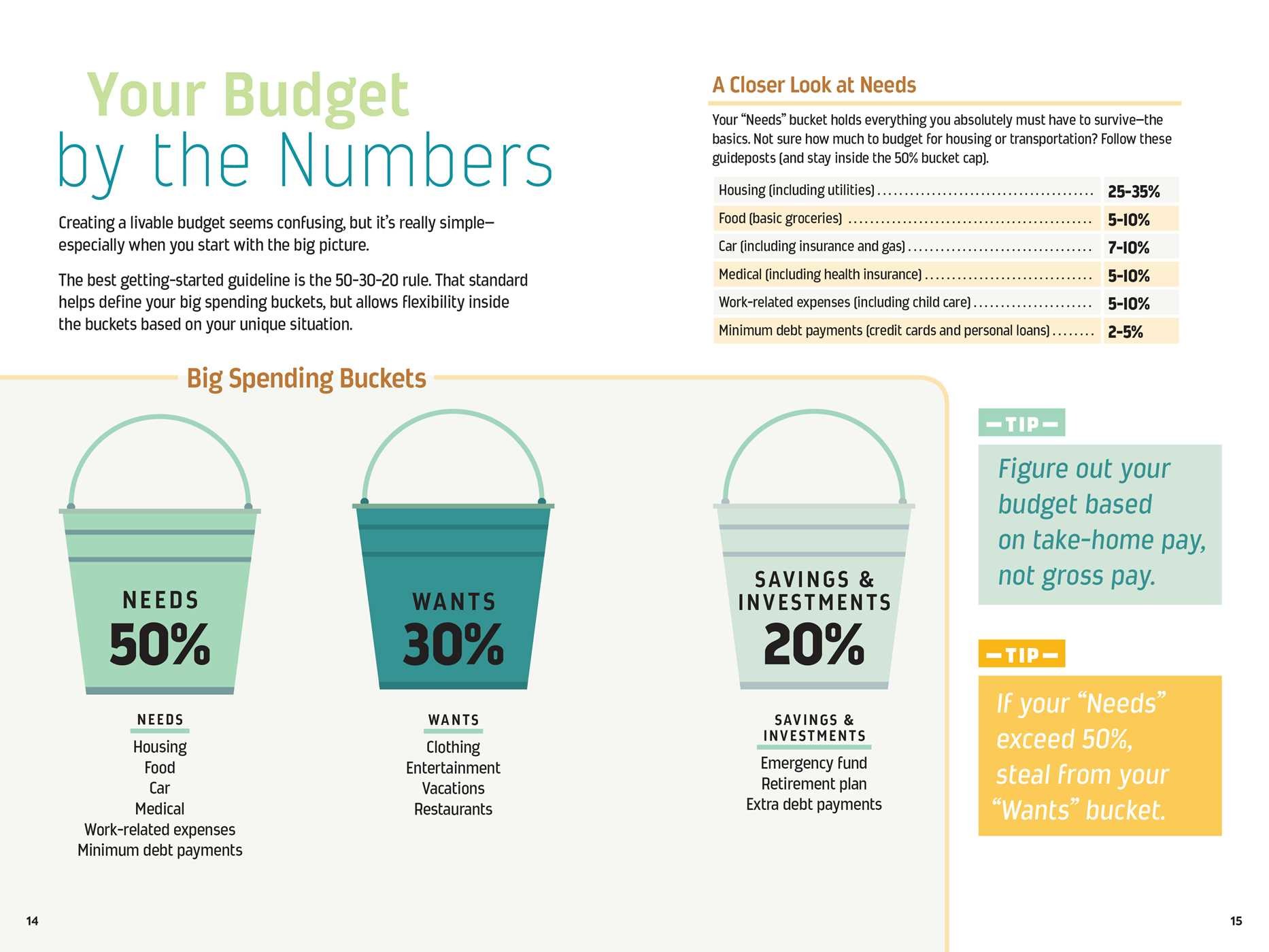Discover The Unexpected Expenditures And Effects Of Neglecting A Performance Bond, And Comprehend Why It's Necessary To Steer Clear Of This Pricey Blunder
Discover The Unexpected Expenditures And Effects Of Neglecting A Performance Bond, And Comprehend Why It's Necessary To Steer Clear Of This Pricey Blunder
Blog Article
subcontractor performance bond Created By-
When a surety problems a performance bond, it guarantees that the principal (the event that purchases the bond) will accomplish their commitments under the bond's terms. If the principal fails to satisfy these obligations and defaults on the bond, the guaranty is responsible for covering any type of losses or damages that result.
1. Loss of credibility: Defaulting on an efficiency bond can harm the principal's reputation and integrity, making it more difficult to secure future organization or funding.
2. Legal and administrative prices: The surety may need to pay lawful and management expenses associated with pursuing the principal for damages or attempting to remedy the scenario.
3. Financial losses: The guaranty might need to cover the price of finishing the job or supplying the solutions that the principal fell short to provide. This can lead to considerable financial losses for the guaranty.
4. Enhanced costs: If the principal has a background of back-pedaling performance bonds, they may be required to pay greater premiums in the future to obtain the essential bonding.
On the whole, defaulting on a performance bond can have major economic effects for both the principal and the guaranty. It is very important for principals to very carefully consider their responsibilities and ensure they have the ability to fulfill the regards to the bond to prevent these adverse results.
Defaulting on a performance bond can be an expensive error for organizations. When you fall short to meet the bond's commitments, the monetary repercussions can be substantial. From paying the full bond amount to prospective lawful fights and damaged relationships, the effects can resound throughout your service operations. Recognizing the detailed internet of financial influences that defaulting on an efficiency bond can have is important for guarding your firm's monetary health and online reputation.
Financial Penalties for Defaulting
If you back-pedal an efficiency bond, you'll likely face significant financial penalties. These charges can differ depending on the regards to the bond arrangement yet commonly involve paying the bond amount completely to the obligee. This means that if you fail to fulfill your legal responsibilities, you have to pay the bond amount to the project owner or the entity that needed the bond.
Furthermore, you might likewise be responsible for any kind of additional expenses sustained by the obligee due to your default, such as discovering a substitute service provider or covering task hold-ups.
Back-pedaling a performance bond can likewise result in lawful fees and court costs if the obligee chooses to take lawsuit against you to recuperate the bond amount. These costs can rapidly accumulate, further aggravating the financial effect of your default. It's necessary to carefully examine and understand the terms of the efficiency bond to prevent these severe financial penalties.
Influence On Business Capital
Back-pedaling a performance bond can considerably affect your company cash flow, influencing financial security and functional abilities. When read full article on an efficiency bond, you run the risk of shedding the bond amount, which can be a significant sum. This loss straight affects your capital, as you'll require to locate alternate sources of moneying to cover the bond amount. In addition, defaulting can bring about enhanced analysis from sureties, making it tougher and extra expensive to safeguard bonds in the future. This can even more stress your cash flow as you may require to allocate extra sources to meet bonding demands.
The impact on your capital doesn't stop there. Back-pedaling an efficiency bond can also result in job delays or cancellations, bring about a loss of income. In addition, the negative reputation that comes with defaulting can hinder potential clients, better minimizing your cash flow. On the whole, defaulting on an efficiency bond can have destructive results on your business's monetary wellness and capacity to run smoothly.
Lawful Ramifications and Suits
Dealing with lawful ramifications and possible lawsuits because of back-pedaling an efficiency bond can considerably affect your service's track record and financial standing. When you back-pedal a performance bond, the guaranty firm may take lawsuit to recuperate the bond quantity paid. This can result in costly legal fees, court expenses, and prospective negotiations or judgments versus your organization.
Additionally, back-pedaling a performance bond might result in harmed partnerships with clients, subcontractors, and suppliers, influencing your capacity to secure future contracts. Suits arising from bond defaults can tarnish your company's credibility in the sector, making it testing to draw in new companions or customers.
Additionally, if the default brings about a court judgment against your service, it can result in possession seizure or liens, further stressing your financial security. Therefore, it's vital to recognize the legal ramifications of defaulting on a performance bond and take positive steps to mitigate the threats involved.
Verdict
As you encounter the consequences of back-pedaling an efficiency bond, remember this: it resembles walking a tightrope without a safety net. One wrong step can send you plunging into an economic freefall, with no method to quit the autumn.
The punitive damages, cash flow impact, and lawful ramifications are all waiting to capture you if you slip up. So step very carefully, and always honor your commitments to avoid the rough repercussions of default.
